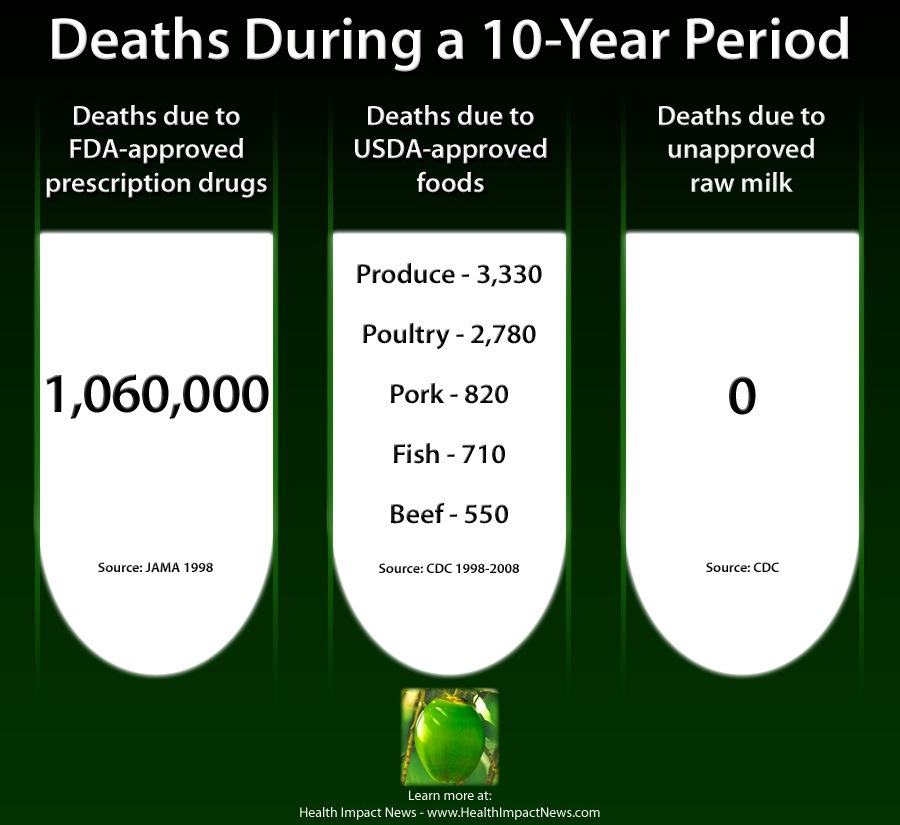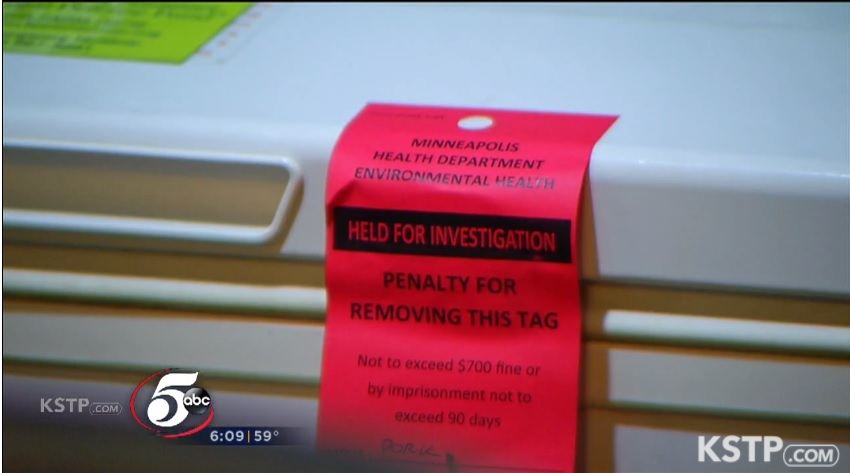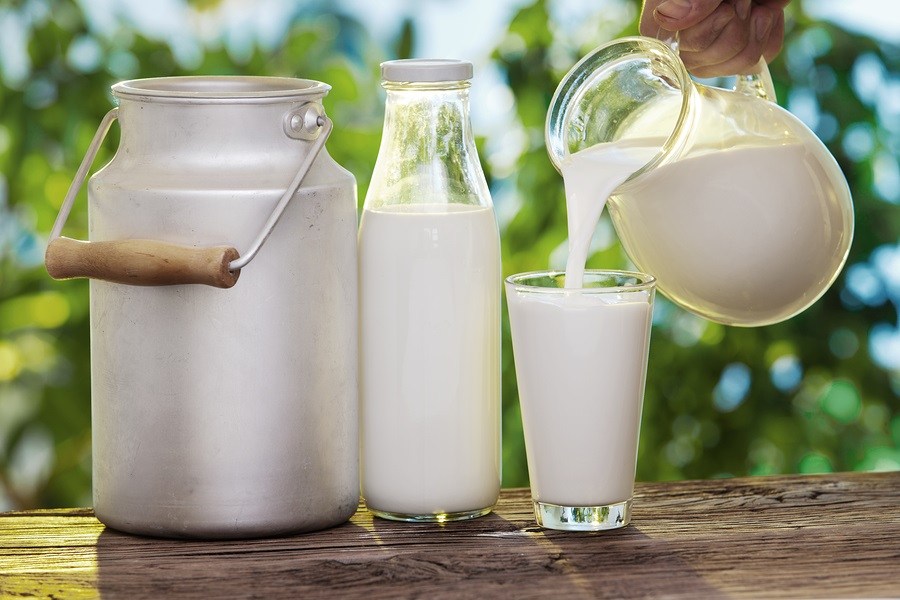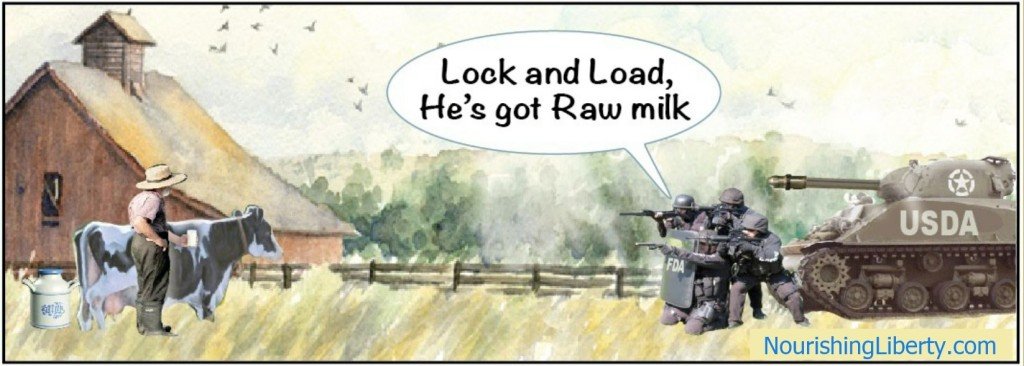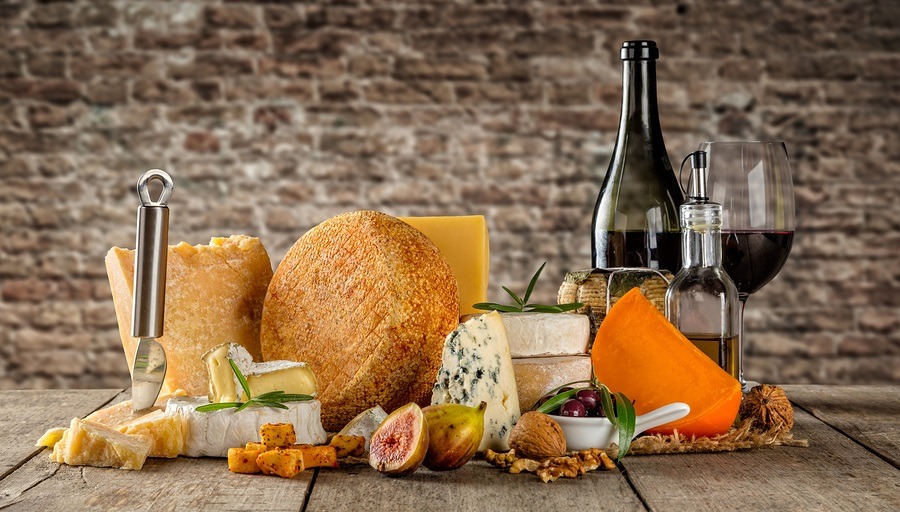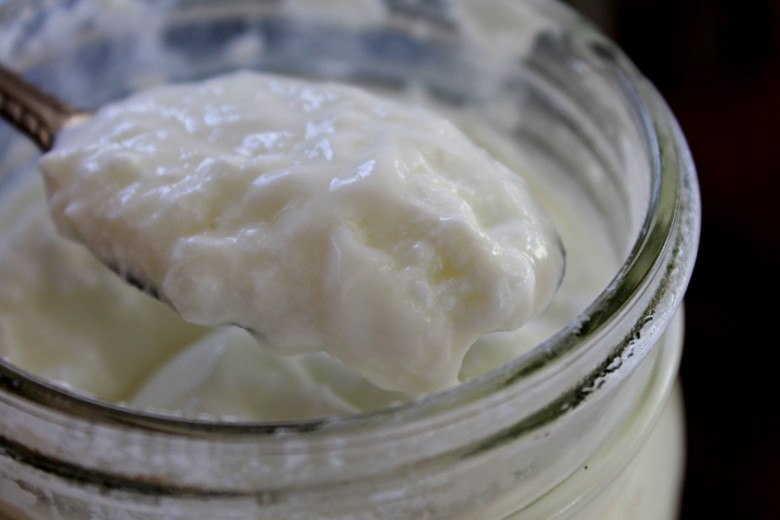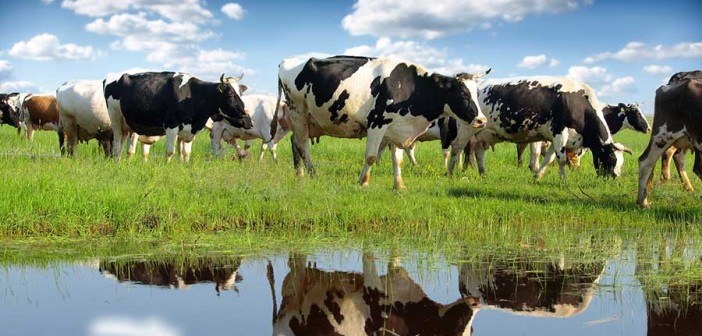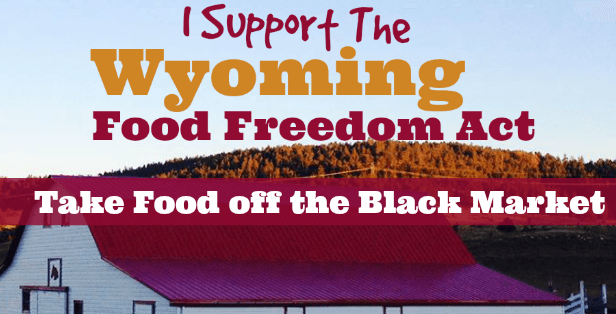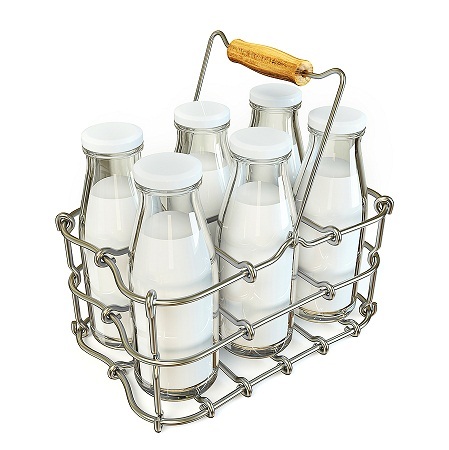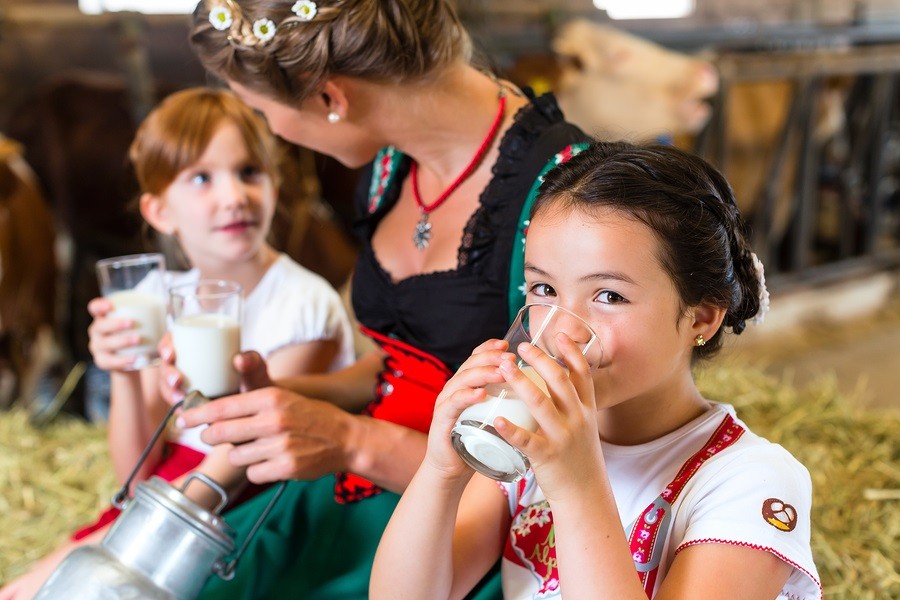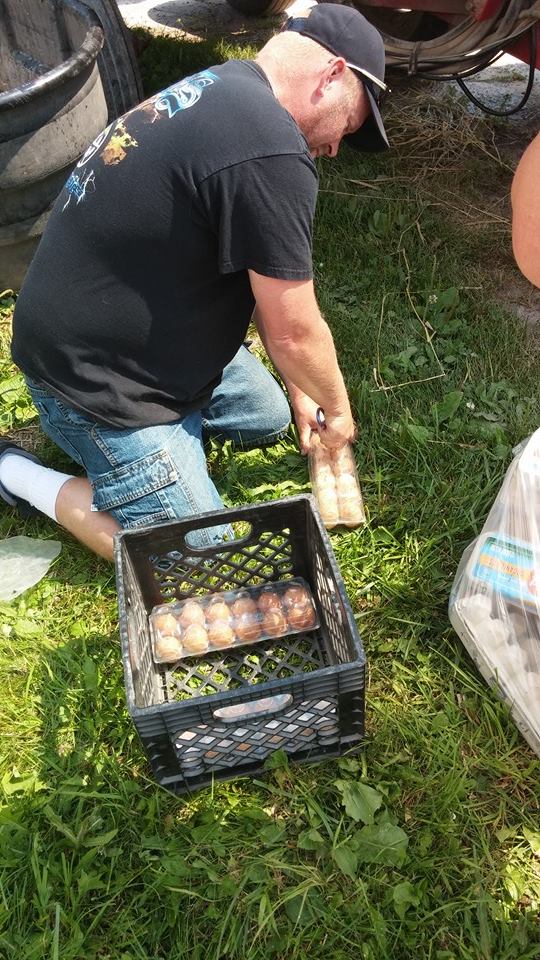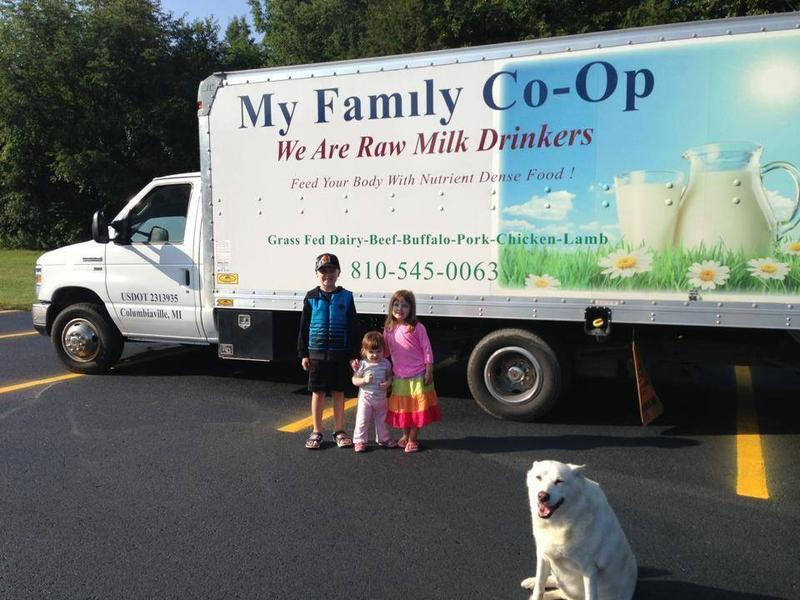How the Dairy Mafia Destroyed Dairy Farmers
In November 2019, Dean Foods, one of the biggest dairy companies in the U.S., announced it had filed Chapter 11 bankruptcy, sending a wave of uncertainty through an already shaky milk industry. Dean Foods was one of the primary milk processors and distributers in the U.S., purchasing milk directly from dairy farms. Many are asking what “killed” Dean Foods? Dean Foods president and CEO Eric Beringause said in a statement, “Despite our best efforts to make our business more agile and cost-efficient, we continue to be impacted by a challenging operating environment marked by continuing declines in consumer milk consumption.” What’s truly responsible for this decline, however, is the shift of milk from a fresh, wholesome raw food to one that’s ultraprocessed, homogenized and the product of concentrated animal feeding operations (CAFOs). Rather than forcing dirty and dangerous CAFOs to clean up their acts, the FDA has waged a war against raw milk producers — those who are typically producing milk using far healthier, more humane and more sustainable methods than the industrial dairy industry ever could. As CAFOs became the norm for dairy farms (even in idyllic-seeming dairy states like Vermont), farmers were forced to grow their herds and increase milk production using artificial (drug and hormone-based) methods, among others (like feeding cows an unnatural amount of grain-based food, 24-hour confinement and increased number of milkings per day). Meanwhile, some people who experience gastrointestinal upset or other health problems when drinking regular CAFO dairy do fine when drinking raw, organic grass fed milk, which is far easier on your digestive system. Raw, grass fed A2-only milk may be even more ideal. In the U.S., raw milk is the only food banned from interstate commerce, which means small farmers cannot transport it across state lines, and even in states where farmers are allowed to sell raw milk directly to consumers from their farms, advertising bans may be put in place, allowing farmers to be punished with fines or jail time if they advertise their raw milk for sale.





